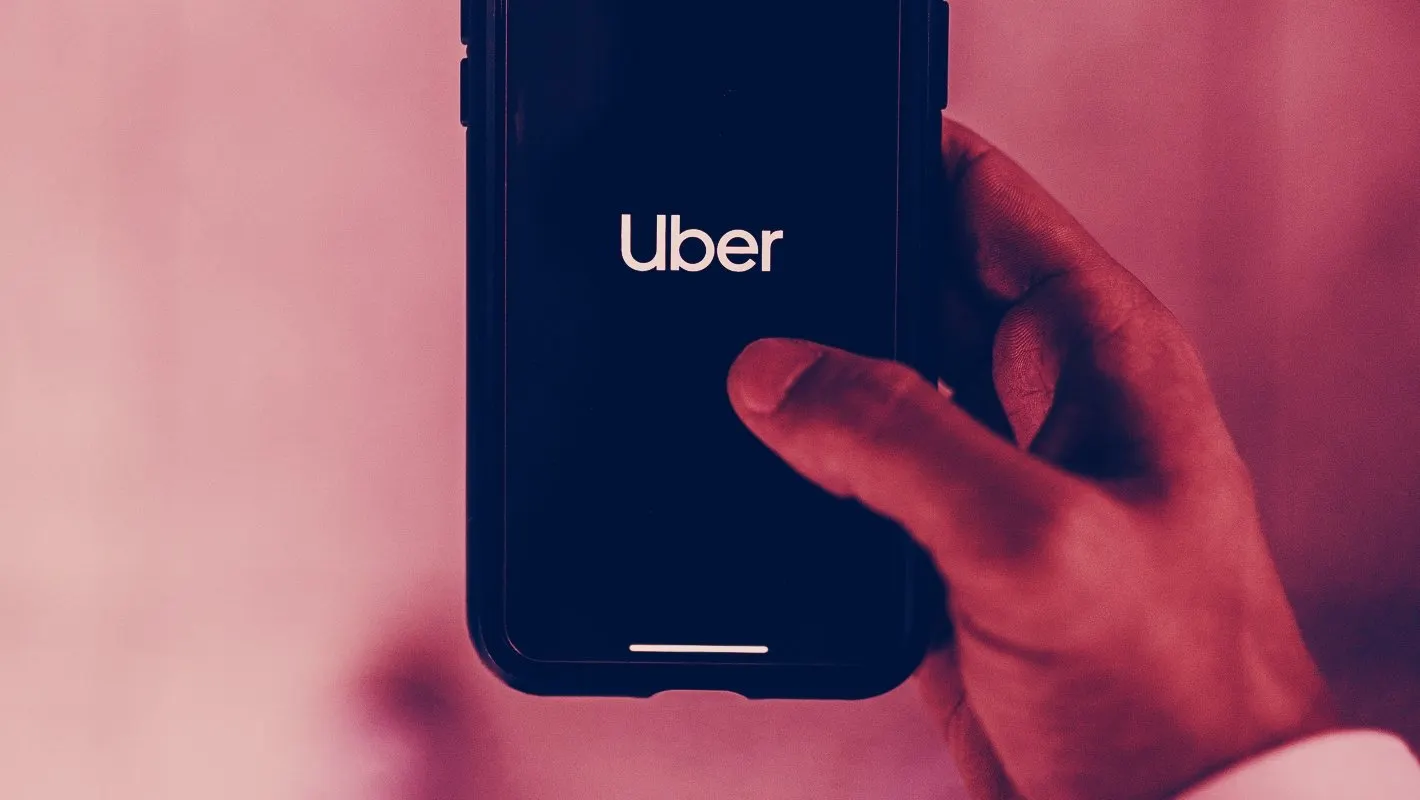Ride hailing app Uber has taken a deep dive into financial services. On Monday, it launched a new digital payments service, Uber Money, aimed—initially at least—at its four million drivers. The move places Uber alongside other companies racing to capture the mobile payments market, including Facebook, Telegram and Kik.
Uber Money offers drivers a digital wallet complete with overdraft facility, debit and credit cards, and 5% cashback on other Uber services.
The Uber Wallet does the basics, as you might expect. It allows drivers to store money, track their transaction history, and make electronic payments. But the “Uber Money” platform is also designed to offer services carefully targeted at Uber’s drivers. For example, no-cost $100 overdrafts (as an alternative to high-interest payday loans) would enable cash-strapped drivers to fill up their tank with gas so that they can go out and work.
Uber’s financial push
Uber’s intention is crystal clear: a full frontal push into financial services. It’s not the only major tech giant doing so. In March, Apple released its own payments service, offering both physical cards and virtual ones that exist only on your phone. This month, it attracted more users than coffee chain Starbucks’ mobile payments offering.
And major messaging apps are moving into financial services too. Telegram plans to introduce payments into its messaging app; Facebook wants to do the same within both Facebook Messenger and WhatsApp. But what makes these two companies stand out is that they plan to create their own blockchain platforms, called the Telegram Open Network, and Libra respectively. Messaging app Kik has already reached that stage.
Some of the companies racing to capture the mobile payments market are using cryptocurrency. Others, including Uber, are using more traditional means—despite the fact that Uber is a founding member of the Libra Association, it’s gone old-school with its own offering.
Uber eschews cryptocurrency
It’s hard to blame Uber. While cryptocurrencies offer the ability to send transactions of billions of dollars around the world for a handful of dollars, with no fees for crossing borders, they can be expensive and slow for making small payments. And, crucially, they struggle to comply with regulations, such as Anti-Money Laundering laws.
One of the reasons that cryptocurrencies were invented was to solve the legacy banking system’s issues around speed and the cost of making transactions. But progress made by fintech firms has run apace with blockchain innovation, and new ways of transferring money more quickly and cheaply have evolved, making it harder than ever to justify the use of complex blockchain technology.
The fact that governments have continued to come out in force against Facebook’s Libra hasn’t helped, of course. And others are feeling the pressure from the SEC too.
Kik is facing a lawsuit, and Telegram’s blockchain platform plans have been halted in their tracks.
In light of this, it’s unsurprising to see such a major company eschew the lure of the blockchain. It’s likely that more big tech companies will follow suit, too, with Facebook a prime example. While Libra is getting kicked further and further down the road, its subsidiary, WhatsApp, is reportedly expanding mobile payment services in India, Mexico, Brazil and the UK. By the time Libra is launched, there may simply be no need for it.
But Uber’s plans are still ambitious, even without a cryptocurrency element. If mobile payment services become widespread in the near future, they could leave blockchain-based alternatives in the dust.
Uber for the unbanked
And Uber’s already thinking well beyond mere payments. Uber Money head Peter Hazlehurst said it could one day even offer a bank account to consumers on its platform.
“We wanted to help everybody understand that there’s a new part of Uber that’s focused on financial services, and that has a mission of giving people access to the type of financial services they were excluded from,” Hazlehurst told CNBC.
While many of Uber’s customers use credit cards to pay for rides and food orders, especially in the developing world, many Uber drivers don’t have easy access to bank accounts. Uber’s strategy will ensure that it’s easier for them to get paid.
Notably, Uber is making it clear that it’s targeting those who don’t have access to bank accounts, the unbanked, as it were. That’s also touted as one of the main promises of blockchain technology, and was adopted by Facebook’s David Marcus when Libra was first announced.
Driving forward
For now, Uber’s new platform is only addressing drivers, but it could go some way towards making banking services more widely available.
“We see Uber’s push into financial services primarily as a customer retention strategy,” Maximilian Friedrich, an analyst at Fintech firm ARK Invest, told Decrypt, adding, “We think that other big tech firms with large user bases will also expand into financial services to bind users to their platform and increase engagement.”
Industry observers are already estimating that bigger platforms will be needed to bring mobile payments together with other services, in “super apps”.
“If users start to optimize for discounts, such as Uber offers across a number of platforms, we think it’s likely that there will be a digital wallet consolidation layer where the majority of value will be extracted,” Friedrich said. “This could be a Cash App, Venmo or Apple Wallet through which users manage the deposits which are spread across applications.”
And this leaves little room for the fledgling blockchain-based offerings that are struggling to co-exist in a world of stringent financial regulations. So big tech has laid down the gauntlet—how will the plucky blockchain community respond?


